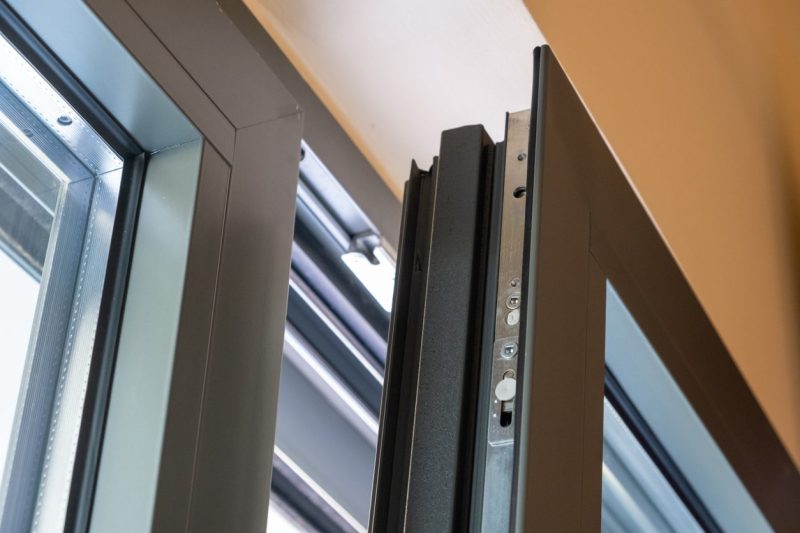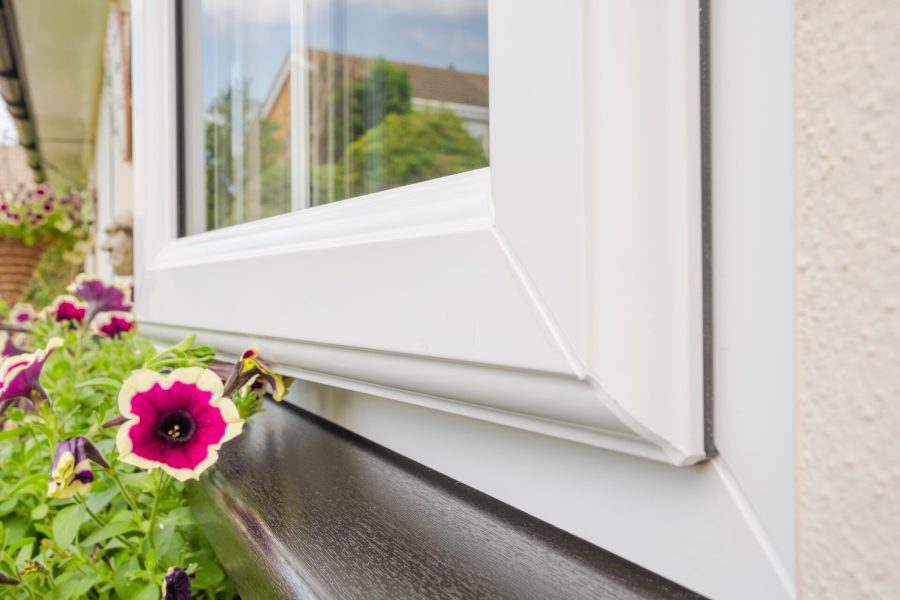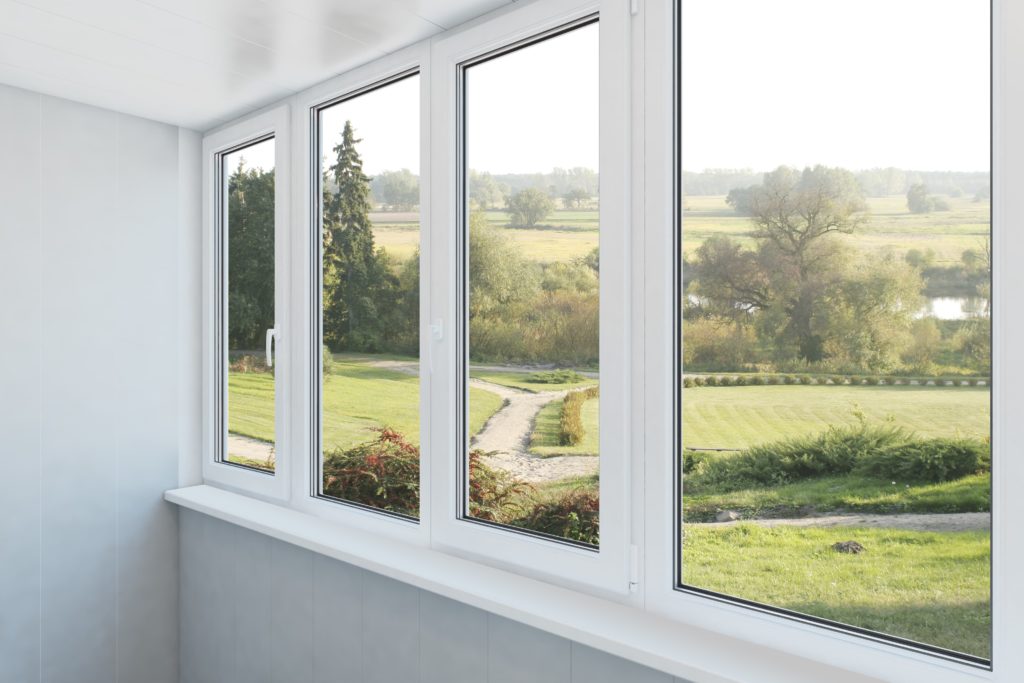In short, yes. Adding double glazing to existing windows has become a very popular way of renovating a home. It has several benefits including heat retention, and sound insulation, and in some instances, it can even add value. However, like with most types of renovations, it is not suited to every type of house. In this article, we will be looking at the drawbacks of single glazing, the transition to double glazing, and what is best for you and your home.
What are the issues with single glazing?
Thermal inefficiencies
As single-glazed windows are only made up of one pane of glass, they are quite inefficient in multiple ways. One of the biggest complaints from homeowners is the level of heat retention. Homes that have single-glazed windows will usually become cold in the winter and even too hot in the summer. This also leads to high energy costs, whether that comes from having the air conditioning up to the max or turning up the heating in the winter to keep out the cold. The heat will still escape, and your energy bills will soar.
Security risk
Additionally, single-glazing is somewhat lacking in security terms. It would be very easy for thieves or intruders to break a single pane of glass and gain entry into your home. This can render other highly secure parts of your home, like your front and back doors, almost pointless.
Noise pollution
Single glazed windows have issues with noise levels. A single pane of glass does not really do much to keep out external noise, or for that matter prevent noise escaping from your home. If you live in an urban area with a lot of heavy traffic or you simply have noisy neighbours, this can be extremely problematic.
Condensation problems
Lastly, single-glazed windows have practically become synonymous with condensation. This is because there is little to prevent the glass from getting cold on the inside during the winter. The cold surface pulls moisture out of your property’s warm air which then condenses on the windowpane. As a result, you will have to live with misty windows and potentially pools of water could gather on the windowsill, causing further problems.
Why should you double glaze your existing windows?
So, is converting single glazing to double glazing the right answer for you? In a lot of cases, yes.
Double glazing has been proven to have significantly better heat retention than single glazing, and that is not simply because it is thicker. Windows that are double glazed have a small, sealed-off gap between the two panes of glass. This gap functions as an effective barrier to insulation, ensuring heat cannot escape as easily as single glazing during the winter and less heat can get in through the summer.
As well as this, upgrading single glazed windows to double glazed will offer better security in your home. Any opportunist criminals will have a much more difficult time trying to break through double glazed windows and might not even attempt to break in at all.
Why might you not be able to double glaze existing windows?
When it comes to traditional, heritage properties, double glazing won’t be especially beneficial in maintaining the character and style of your property. There are a number of homes across the UK that are fortunate enough to still have their original windows. In many cases, these windows cannot be updated with double glazing because the gap in the frame is not big enough.
Homeowners in this situation want to change their single glazing for double glazing, they would have to replace the entire window with something that is just not authentic. Doing this can be detrimental to the heritage of the property and ultimately lower its value, or it may not even be allowed in some properties of conservation areas.

Are there any alternatives to double glazing?
If upgrading your existing windows to double glazing isn’t right for you, there might be other options that will suit your home. Secondary glazing is a high-performing alternative to double glazing that can only be fitted on existing windows. This works by adding a subtle, independent windowpane to the inside of your windows.
In some situations, this method can be more effective than a conversion of single glazed to double glazed. The bigger gap between the two panes means secondary glazing is better at keeping out outside noise, for instance.
This means you will have a more peaceful home, less disruption throughout the day, and an overall more pleasant environment. Also, it can be used to prevent condensation on single- or double-glazed windows. With more methods of production, there is nothing stopping secondary glazing from exceeding heat retention levels of double glazing.
The best part of this is there is no need to replace the actual windows. Homeowners can keep their heritage windows in their original condition whilst still having the benefits of improved heat retention, reducing noise pollution, increasing security, and getting rid of any condensation.
What’s best for you?
Updating your single glazing to double glazing is a very popular and common solution for homeowners in the UK. A lot of times this will be the best choice for you as double glazing will give you significantly more benefits than single glazing in terms of the performance of your home. Contact Clydebuilt Home Improvements today to enquire about high-quality double glazed windows for your property.
 " alt="Can You Double Glaze Existing Windows?">
" alt="Can You Double Glaze Existing Windows?">
